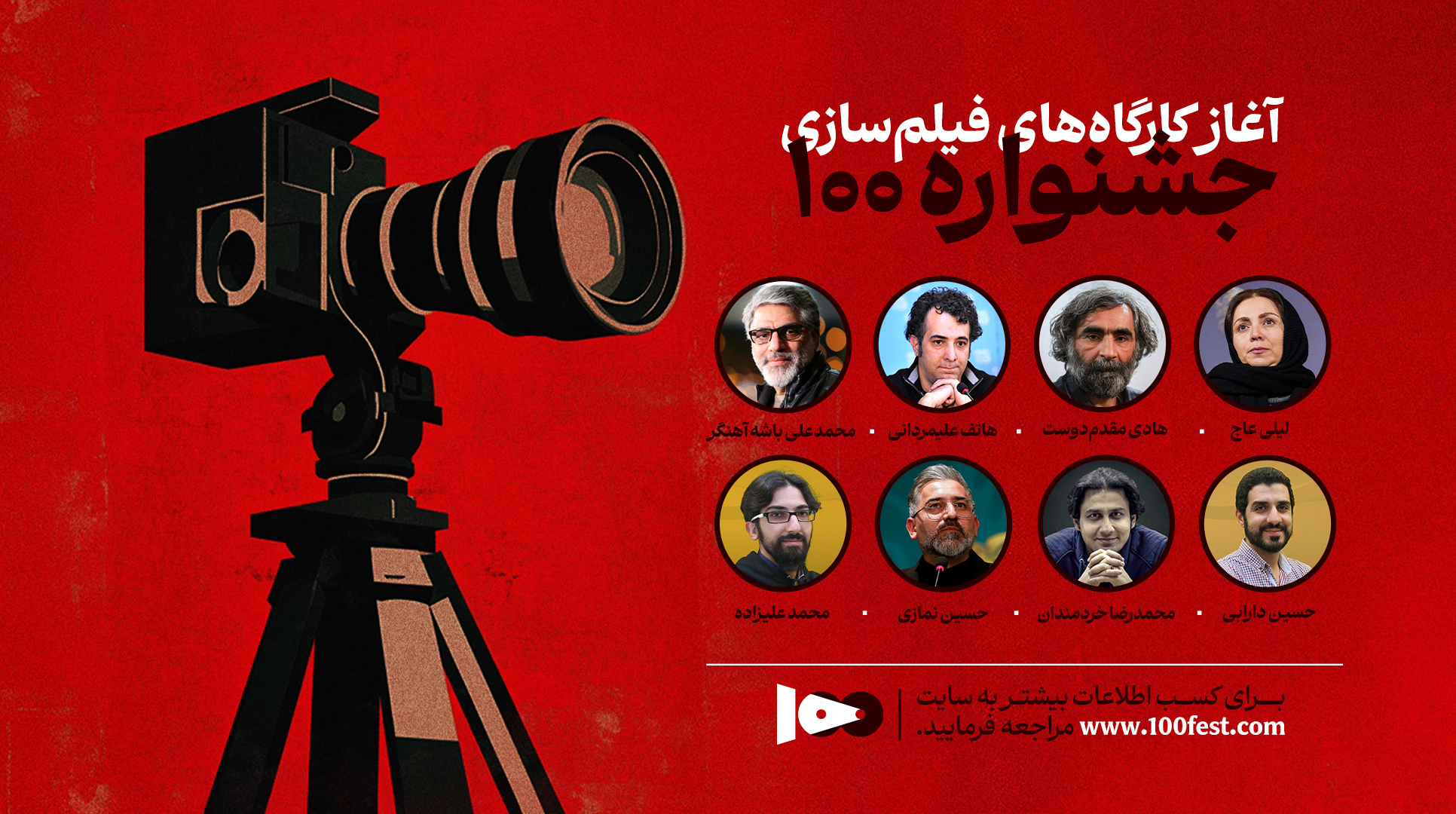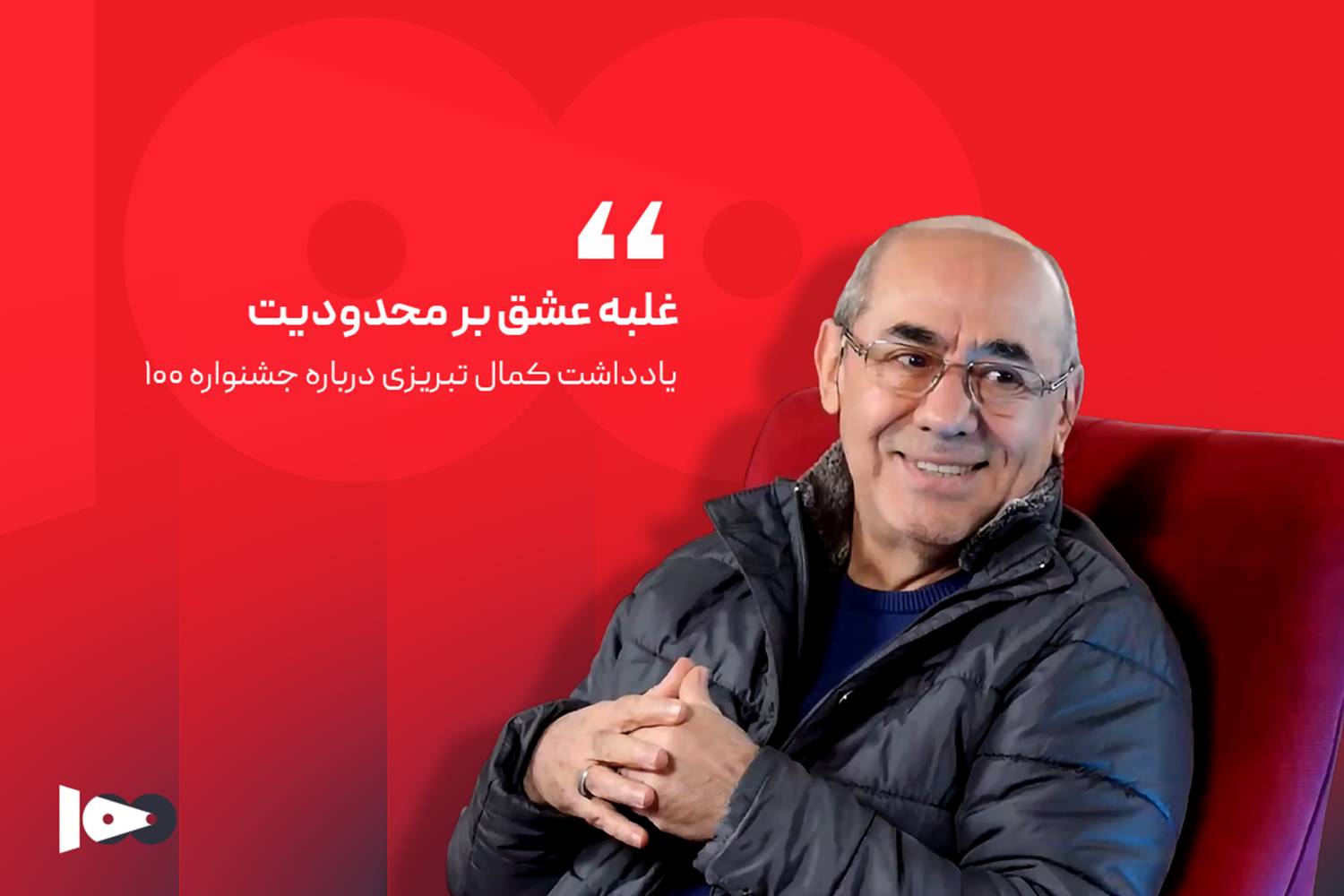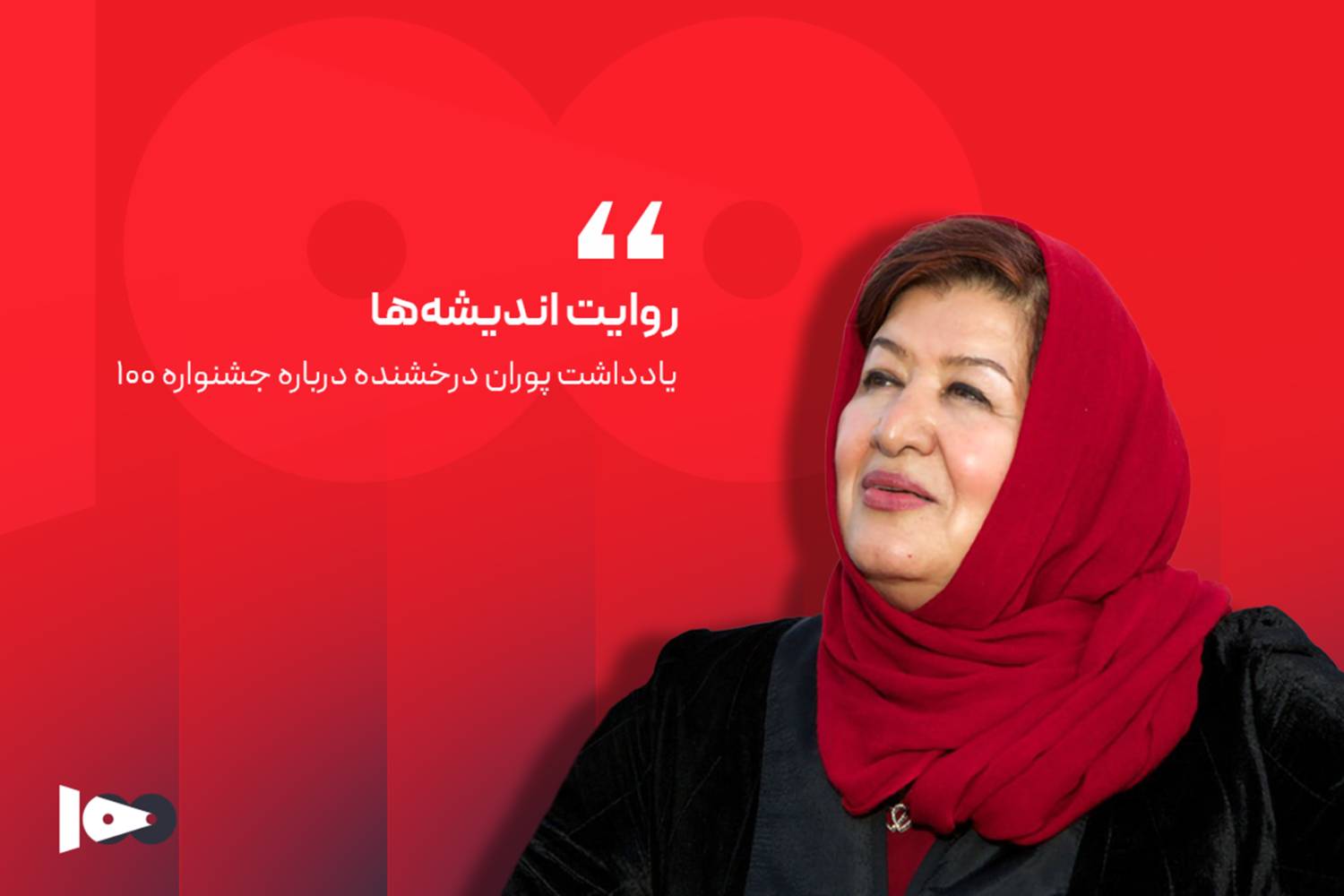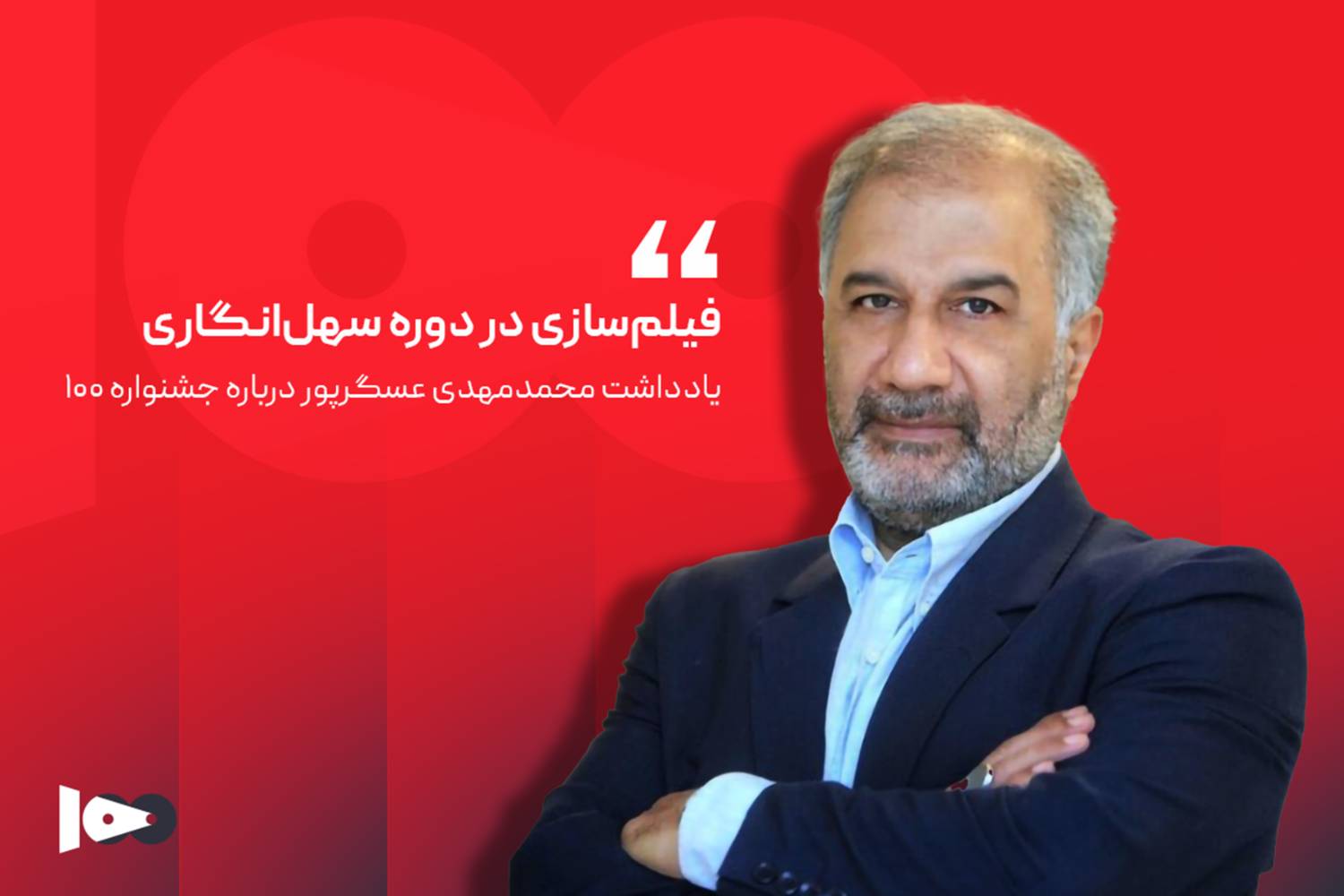Narrating Idea
News / Edition 14 / Narrating Idea

Pouran Derakhshandeh on the 100-Second Film Festival Pouran Derakhshandeh, filmmaker and member of the International Jury of the 13th International 100-Second Film Festival, spoke about her experience participating in and judging the festival, emphasizing: “Human boundaries are shared among all people of the world, and we must make every effort to achieve a common human perspective to create a world free of war and bloodshed, where peace and tranquility prevail.” Derakhshandeh, as one of the jury members in the international section of the 13th International 100-Second Film Festival, shared her evaluation of the event: “The enthusiasm for this festival and the fact that we were able to have films from many different countries made it a fascinating experience. I was particularly interested in the themes that filmmakers addressed what subjects capture their attention in today’s world and in the era we are living in. Human issues had a significant presence in these works and were the main focus. It was intriguing to see that filmmakers had chosen topics that directly relate to contemporary concerns.” She added: “Overall, it seems that geographical borders are not the defining factor in this regard. Human boundaries are shared among all people of the world, and we must make every effort to achieve a common human perspective to create a world free of war and bloodshed, where peace and tranquility prevail.” This filmmaker also spoke about the impact of festivals like the 100-Second Film Festival in discovering new talents in cinema, stating: “These festivals can be 100% effective. If you want to choose a subject and share it with your audience in just 100 seconds while establishing a connection, then you are undoubtedly a successful filmmaker in every aspect. This ability makes it much easier to transition to feature films. In a feature-length film, you have more time to communicate with your audience, whereas conveying your message effectively within just 100 seconds is certainly a more challenging task. A filmmaker who puts all their effort into creating a strong connection with the audience in this short time and delivers their message in a clear, simple, and fluent manner deserves recognition and appreciation. Such a filmmaker can easily go on to make feature films, and this is precisely how talent is discovered.” Derakhshandeh spoke about the quality of Iranian films in the international section of the 100-Second Film Festival, stating: “Among these films, there were works that stood out and deserved attention. We discovered talented filmmakers among those who had made 100-second films, and later, they were introduced to Iranian cinema and went on to create successful feature films. In the process of making a 100-second film, thought and intellectual depth are crucial. You must have a clear understanding of your message and evaluate its importance. If you do not express this message, what happens? And if you do express it, what impact does it create? This choice is rooted in intellectual reflection. A well-formed idea guides us in determining which aspect should be emphasized the most to establish the strongest connection with the audience.” This filmmaker emphasized: “A 100-second film must have a high impact. From start to finish, the connection with the audience should never be lost, and even after the film ends, the audience should say to themselves, ‘What a great film…’ The audience should give you energy so that, through this interaction, you both feel that the world can be a better place. In this year’s festival, we saw such examples.” Addressing young filmmakers who are just starting their journey, she said: “My advice to these young filmmakers is not to rush into making feature films. While it is true that creating a 100-second film is difficult, selecting a subject for a feature-length film requires even deeper thought. You must be certain about what you want to say and why you want to make a film. You need to determine what impact you want to have on your audience. Are you aiming for a general audience, or do you want to target a specific niche or an international audience?! Cinema’ is a universal language across all countries, and if you can shed light on the truth through this medium, everything becomes clear. We must think, read, watch, and approach filmmaking with deep reflection. Thoughts and research are crucial. Filmmaking is not an easy task at all.” She added: “To make a film, you must enter the field with full dedication and never become weary. Passion and a sense of fulfillment within the filmmaker are crucial. Above all else, a filmmaker must be satisfied with their own work and feel that they have achieved what they set out to accomplish. This is extremely important.” Derakhshandeh, speaking about her experience as a jury member in the 13th 100-Second Film Festival, said: “It is significant that a group of people have a dream and want to express it. Some choose to convey this message in just 100 seconds, and I was eager to understand what these individuals wanted to say. I wanted to know what the current global discussions are and what these young filmmakers wish to express. Filmmakers’ perspectives shift over time due to various events, and I was curious to see what they are focusing on in the world today. For these reasons, my decision to join the jury panel of this festival was entirely conscious. I wanted to better understand the younger generation, both on a global scale and among our own young filmmakers. Today, I am very happy to have been part of this panel. I hope that the opportunity to have and portray the ‘freedom of thought’ will always be available to us.






